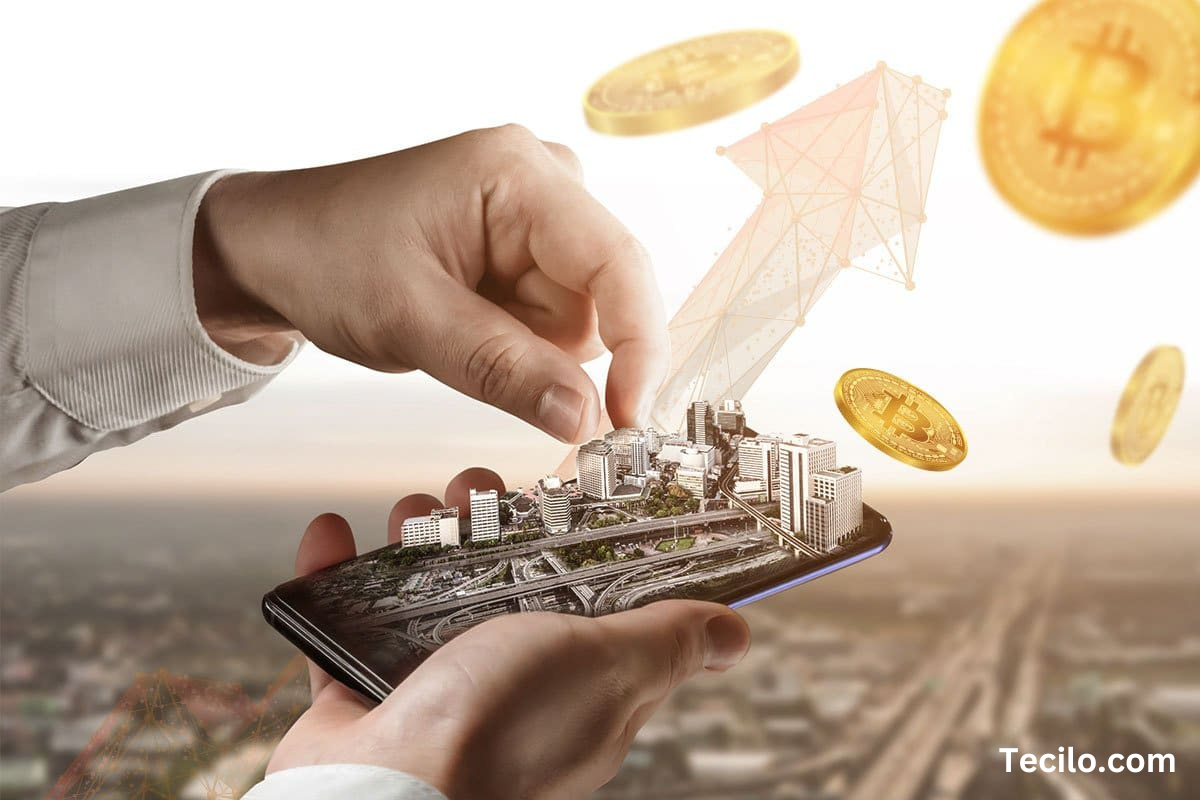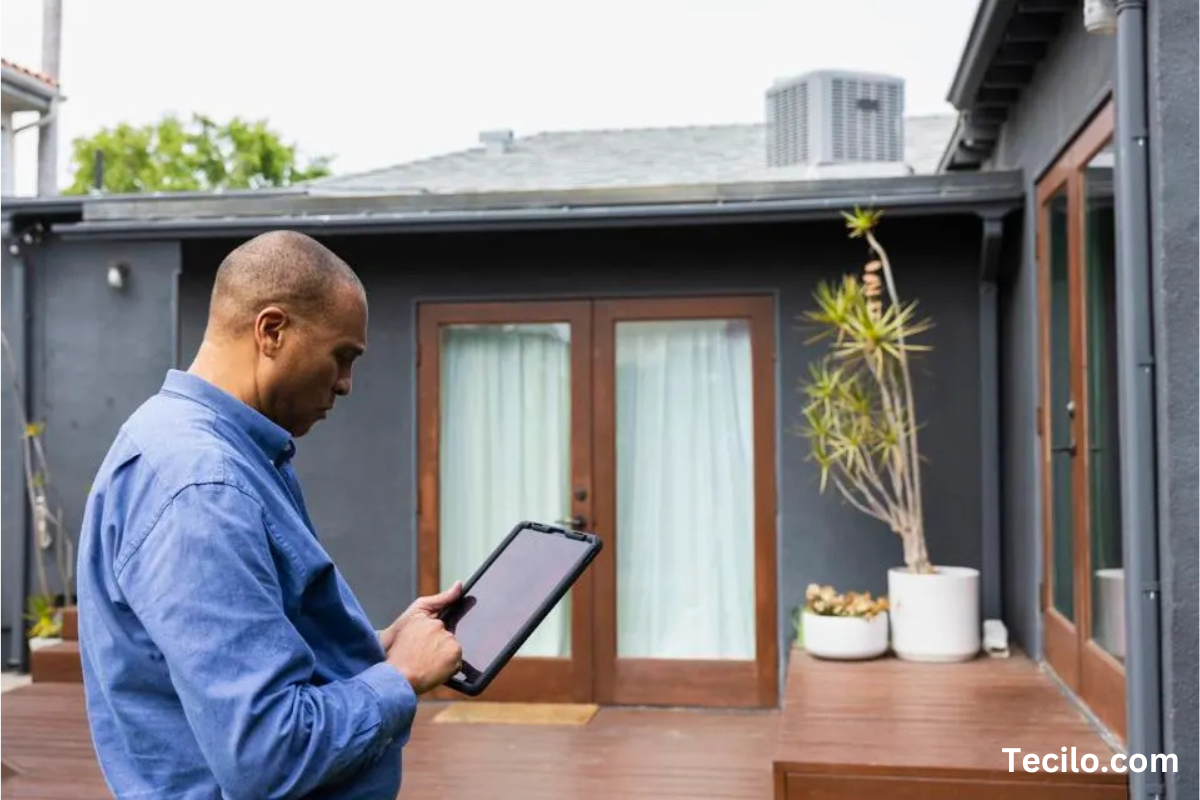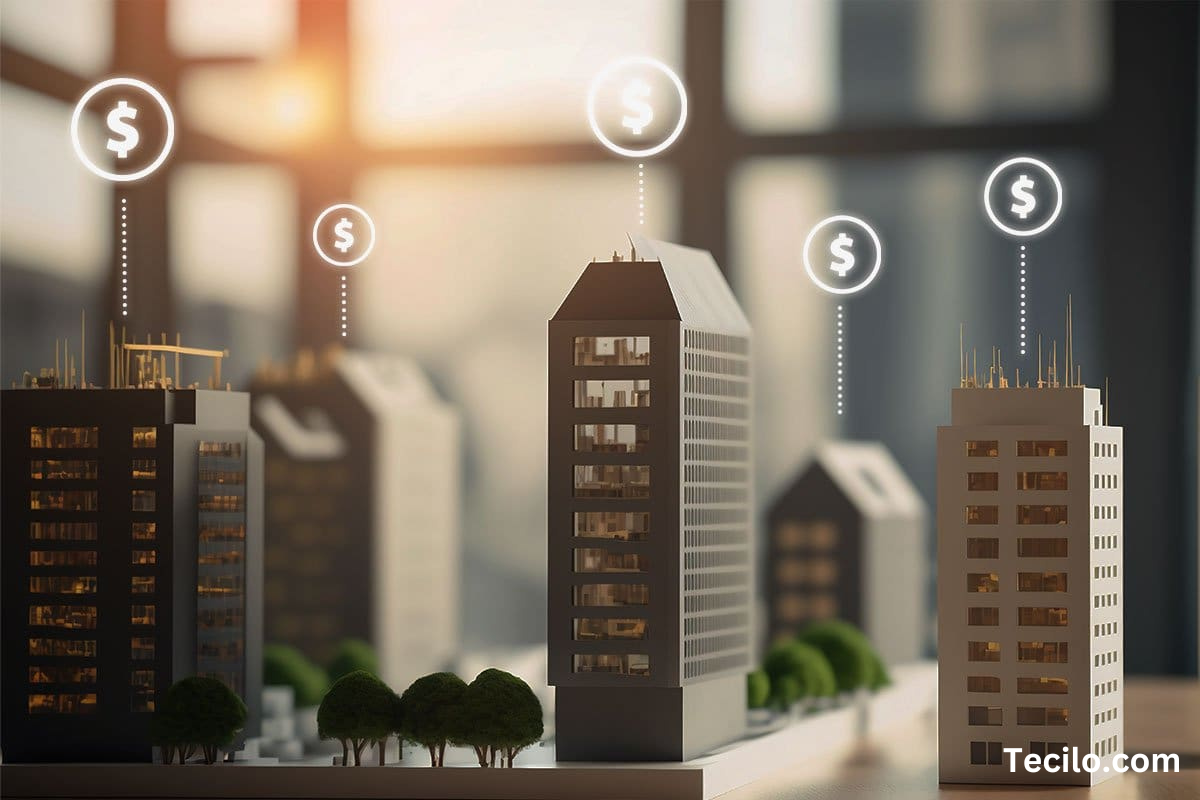
Digital real estate refers to owning, buying, or selling virtual properties on the internet. Much like traditional real estate, these digital assets hold value and offer the potential for income generation. However, instead of owning physical land or buildings, you deal with digital assets such as domain names, websites, social media accounts, or even virtual land. As the global economy shifts increasingly towards digital platforms, owning a piece of this virtual space is becoming more critical than ever.
The Rise of Digital Assets
Digital real estate has existed for years, but its value has seen a massive surge recently. As the internet has matured, the advent of blockchain technology and the rise of virtual worlds, such as the Metaverse, have increased the demand for virtual assets. Today, digital real estate is seen as a legitimate and lucrative form of investment, offering opportunities comparable to those found in the physical world.
Historical Context of Online Property
Individuals who purchased desirable domain names early on managed to generate substantial profits as these online addresses became more valuable over time. Nowadays, digital real estate extends far beyond domain names to include websites, social media profiles, and even parcels of virtual land in online spaces like Decentraland and The Sandbox.
Types of Digital Real Estate
Domain Names
Domain names are often likened to prime real estate in the physical world. Some domains, much like beachfront properties, can be worth thousands or even millions of dollars. Those who acquire valuable domains early can sell them at a significant profit.
Websites and Blogs
Owning a popular website or blog is another form of digital estate. A successful website generates traffic, can be monetized through ads or affiliate marketing, and, when optimized, can be sold for a high return. Some investors specialize in acquiring underperforming websites, improving them, and then selling them for a profit.
Social Media Accounts
Believe it or not, social media accounts with a substantial following are also considered a form of digital estate. Influencers often sell their accounts or monetize them through paid partnerships, advertisements, or product endorsements.

Virtual Land in the Metaverse
The idea of purchasing virtual land may seem unusual, but it’s quickly becoming a hot market. On platforms like Decentraland and The Sandbox, users can buy virtual plots of land, develop them, and even host events. As the Metaverse expands, the value of virtual land continues to rise.
How Digital Real Estate Works
Ownership of Digital Assets
Just like physical real estate, digital properties have clear ownership regulations. Digital assets can be bought, sold, and transferred, with ownership often verified through contracts or blockchain technology. For example, domains are registered through domain services, websites are hosted by providers, and virtual land is owned through blockchain platforms.
Monetizing Digital Properties
Digital properties offer numerous income-generating opportunities. Websites can run advertisements, feature affiliate marketing, or sell products. Social media accounts can secure sponsorships.
Buying and Selling Digital Real Estate
Similar to traditional real estate, digital properties can be flipped for profit. Virtual land in the Metaverse, for example, has the potential to appreciate significantly, especially if it’s located in high-traffic areas.
Why Invest in Digital Real Estate?
High Return on Investment (ROI)
A domain that was purchased for just a few dollars could be sold later for thousands. Similarly, a well-established website can generate steady income over time. The potential ROI for digital real estate is high, especially if you invest in the right properties early.

Scalability of Digital Assets
Unlike physical real estate, digital assets are not limited by geography. This makes them incredibly scalable, allowing investors to reach a global audience and tap into high-growth potential markets.
Diversification in Investment Portfolios
For investors looking to diversify, digital real estate presents an appealing option. With businesses increasingly moving online, owning digital assets offers a hedge against downturns in traditional physical markets.
Choosing the Right Platform
For domain names, you can use services like GoDaddy or Namecheap. If you’re interested in purchasing virtual land, platforms like Decentraland or The Sandbox are popular options. Each platform has its own set of rules, so research is essential before making any purchases.
Setting Up Digital Properties
Once you’ve chosen your platform, it’s time to set up your property. For websites, this might involve selecting a hosting service, designing the site, and optimizing it for search engines (SEO). For virtual land, you may want to develop it or host events to increase its value and generate revenue.
Key Tools for Managing Digital Real Estate
Managing digital assets requires the right tools. Website owners use platforms like WordPress for site development or Google Analytics for monitoring traffic. For virtual assets, blockchain wallets and a strong understanding of cryptocurrency are essential.
Benefits of Owning Digital Real Estate
Passive Income Potential
One of the key advantages of owning digital properties is the ability to generate passive income. Websites can host affiliate marketing programs, while virtual properties can generate revenue by hosting events or renting out space.
Flexibility in Investment
Digital assets are highly flexible. You can manage these assets from anywhere, and starting capital is often much lower compared to physical real estate investments.
Global Reach
Unlike physical properties, digital estate is accessible globally. A website can reach users from all corners of the world, and virtual land can attract visitors regardless of geographic boundaries. This offers truly borderless investment opportunities.

Risks of Digital Real Estate
Market Volatility
The value of domain names, websites, or virtual land can fluctuate based on market trends and technological developments.
Cybersecurity Concerns
Digital properties are vulnerable to cyberattacks. Hackers could compromise websites or social media accounts, potentially leading to financial losses.
Lack of Tangibility
For some investors, the intangible nature of digital estate may feel less secure than physical assets. Trust in technology and online platforms is necessary when investing in digital spaces.
The Future of Digital Real Estate
Blockchain and Digital Real Estate
Blockchain technology is transforming the way digital assets are bought, sold, and owned. Smart contracts and non-fungible tokens (NFTs) provide more security and transparency in transactions, making digital estate more appealing to investors.
NFTs and Ownership
NFTs are adding a new dimension to digital real estate ownership. Virtual land in platforms like the Metaverse can now be sold as NFTs, ensuring secure and verified ownership transactions.
The Growth of the Metaverse
As the metaverse continues to evolve, the value of digital estate will likely increase. This virtual space is becoming a new frontier for business, entertainment, and investment, making digital properties an even more attractive investment option.
Success Stories in Digital Real Estate
Influential Digital Entrepreneurs
Several entrepreneurs have made significant fortunes through digital assets by buying and flipping domain names, acquiring undervalued websites, or investing early in virtual land.

Major Corporations and Their Digital Footprints
Big companies are also getting involved in digital estate. For example, Facebook (now Meta) is heavily investing in the development of virtual worlds, reflecting the growing interest in this new asset class.
FAQs
- What is digital real estate?
Digital real estate refers to virtual assets such as domain names, websites, social media accounts, or virtual land in platforms like the Metaverse. - How can I make money from digital real estate?
You can monetize digital real estate through advertising, affiliate marketing, sponsorships, or selling/renting virtual land. - Is digital real estate a safe investment?
While it offers high ROI potential, it comes with risks such as market volatility and cybersecurity threats. - What tools do I need to manage digital real estate?
Tools for managing digital estate include website builders like WordPress, domain management services, and blockchain wallets for virtual assets. - What is the future of digital real estate?
The future of digital estate looks promising, especially as blockchain technology and the Metaverse continue to expand, offering more secure and diverse investment opportunities.





